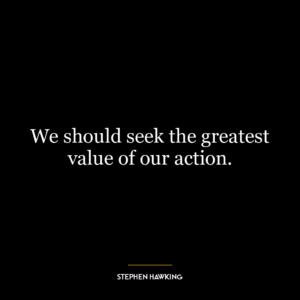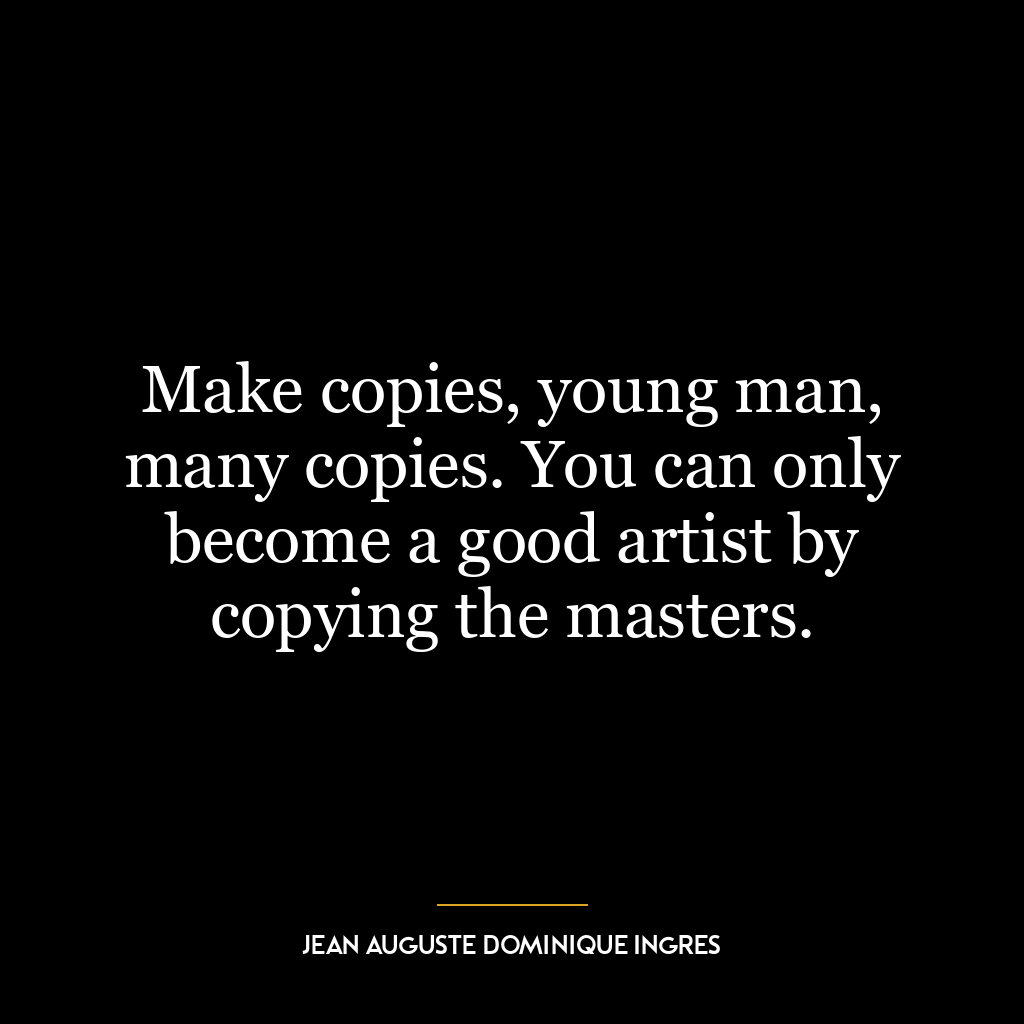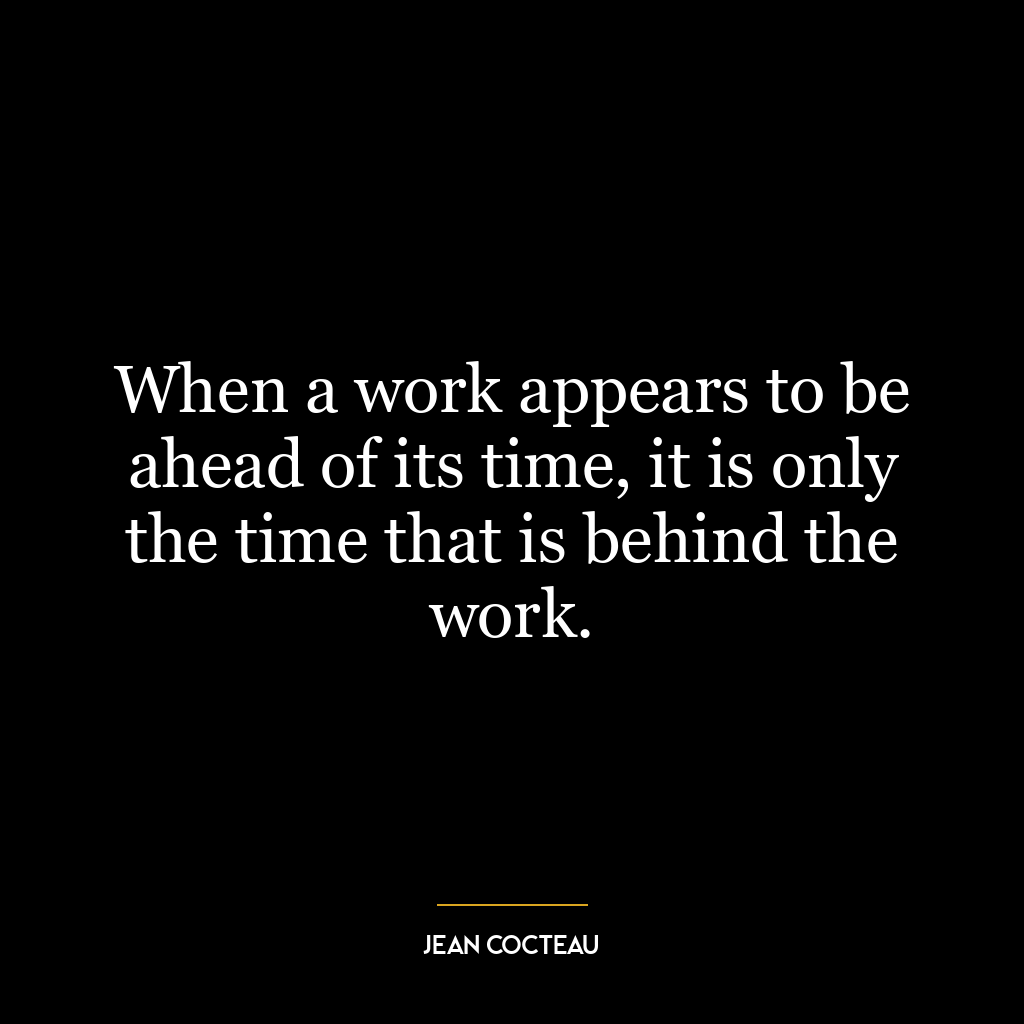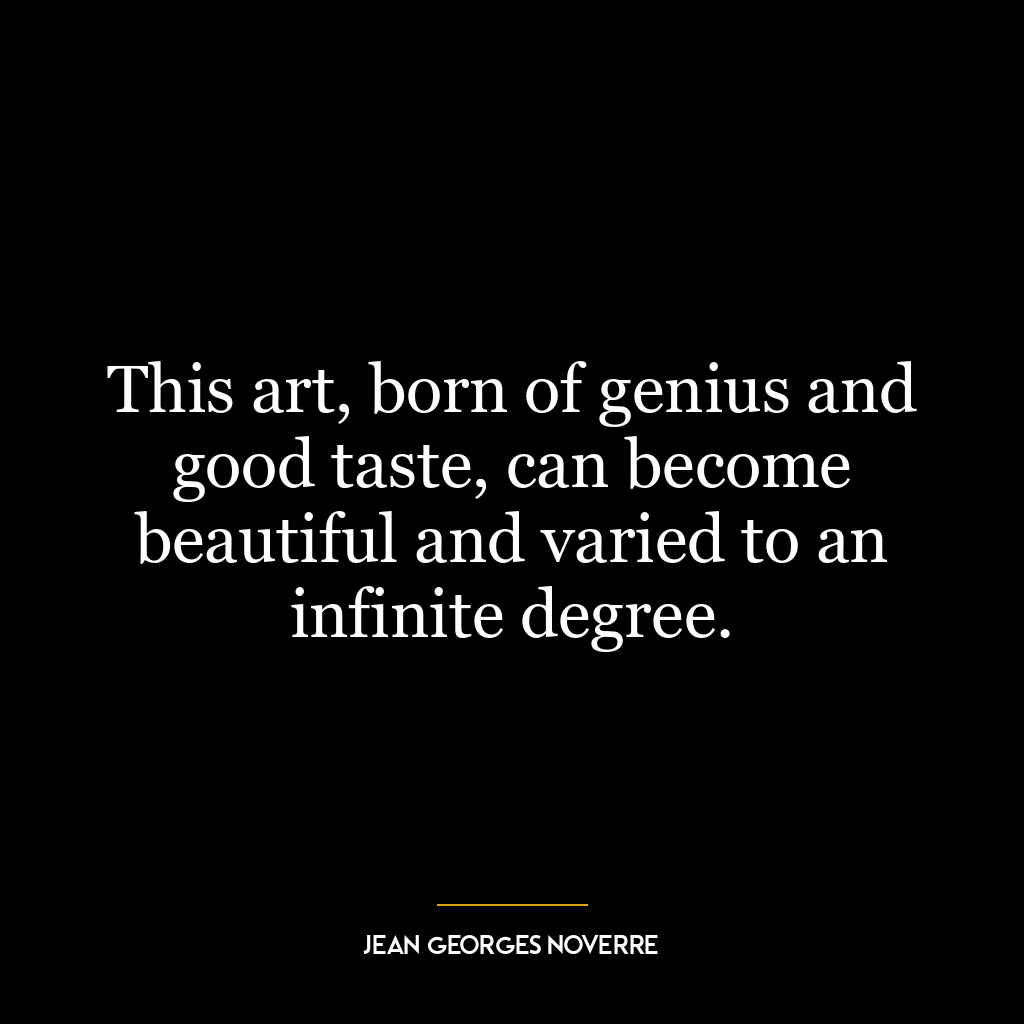There is no prescribed route to follow to arrive at a new idea. You have to make the intuitive leap.
This quote suggests that there is no set path or formula to generate a new idea. It emphasizes the importance of intuition, stating that one must make an “intuitive leap” to arrive at something new and unique. This implies that creativity and innovation are not always the result of a linear process, but often stem from spontaneous, intuitive insights that can’t be forced or predicted.
The “intuitive leap” that Hawking refers to is a sudden understanding or realization that emerges seemingly out of nowhere. It is when the mind, after absorbing various bits of information, suddenly connects the dots and produces a new concept or solution. This leap is not something that can be methodically planned or engineered. Instead, it often occurs when one least expects it, during moments of relaxation or mental wandering.
In today’s world, this idea can be applied in many areas, from scientific research to business innovation and personal development. For instance, in the realm of business, companies often strive to innovate by creating an environment that encourages free thinking, brainstorming, and the sharing of ideas. This can involve providing spaces for relaxation and recreation, where employees can unwind and let their minds wander, potentially sparking these intuitive leaps.
In terms of personal development, this idea encourages individuals to trust their intuition and value their unique insights. It suggests that breakthroughs and personal growth often come from within, rather than following a prescribed path laid out by others. This could mean taking time for introspection, exploring new interests, or stepping outside of one’s comfort zone.
In essence, Hawking’s quote serves as a reminder that the path to innovation and personal growth is not always straightforward or predictable, but requires an open mind, a willingness to take risks, and the courage to trust one’s intuition.










